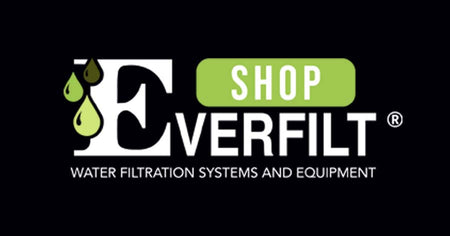
10 Essential Steps for Optimal Irrigation System Performance & Water Quality
Ensuring your irrigation system is operating effectively is not only vital for plant health but also for conserving water and maintaining its purity. Regardless of your level of gardening expertise, prioritizing the maintenance of your irrigation system is crucial.
1. Regular System Inspections
Consistently inspect your irrigation system for leaks, blockages, or signs of damage. Keep an eye out for puddles, damp spots, or unusually vibrant vegetation, which may signal leaks.
2. Monitor Water Pressure
Maintain the appropriate water pressure in your irrigation system to prevent pipe and fitting damage. Use a pressure gauge to check pressure levels at different points in the system.
3. Filter Care
Regularly clean or replace filters in your irrigation system to prevent debris from obstructing pipes and nozzles, ensuring smooth water flow.
4. Sprinkler Head Maintenance
Periodically examine and adjust sprinkler heads to ensure even coverage and prevent overspray onto non-target areas, which can waste water and lead to contamination.
5. Establish a Maintenance Schedule
Create a routine maintenance plan for your irrigation system, including tasks such as leak checks, sprinkler adjustments, and filter maintenance, to address potential issues promptly.
6. Consider Drip Irrigation
Drip irrigation systems deliver water directly to plant roots, minimizing waste and reducing the risk of surface runoff contamination. Consider installing drip irrigation in water-sensitive zones.
7. Invest in Quality Components
Select high-quality irrigation components to ensure longevity and durability, ultimately saving time and money on replacements.
8. Implement Smart Watering Practices
Adjust your irrigation schedule based on weather conditions and plant needs to avoid overwatering. Utilize moisture sensors or smart controllers for efficient watering management.
9. Install Backflow Prevention Devices
Install backflow prevention devices to safeguard your irrigation system from contamination. Regularly inspect these devices to ensure they are functioning correctly.
10. Practice Responsible Chemical Handling
Exercise caution when using fertilizers or pesticides, following label instructions precisely to prevent chemical runoff into the irrigation system. Dispose of unused chemicals responsibly.
Maintaining an efficiently operating irrigation system is essential for both plant health and environmental sustainability. By following these ten guidelines, you can ensure your irrigation system performs optimally while preserving the quality of the water it distributes. Consistent inspections, proactive maintenance, and mindful water management practices will contribute to a thriving garden and a healthier environment.
